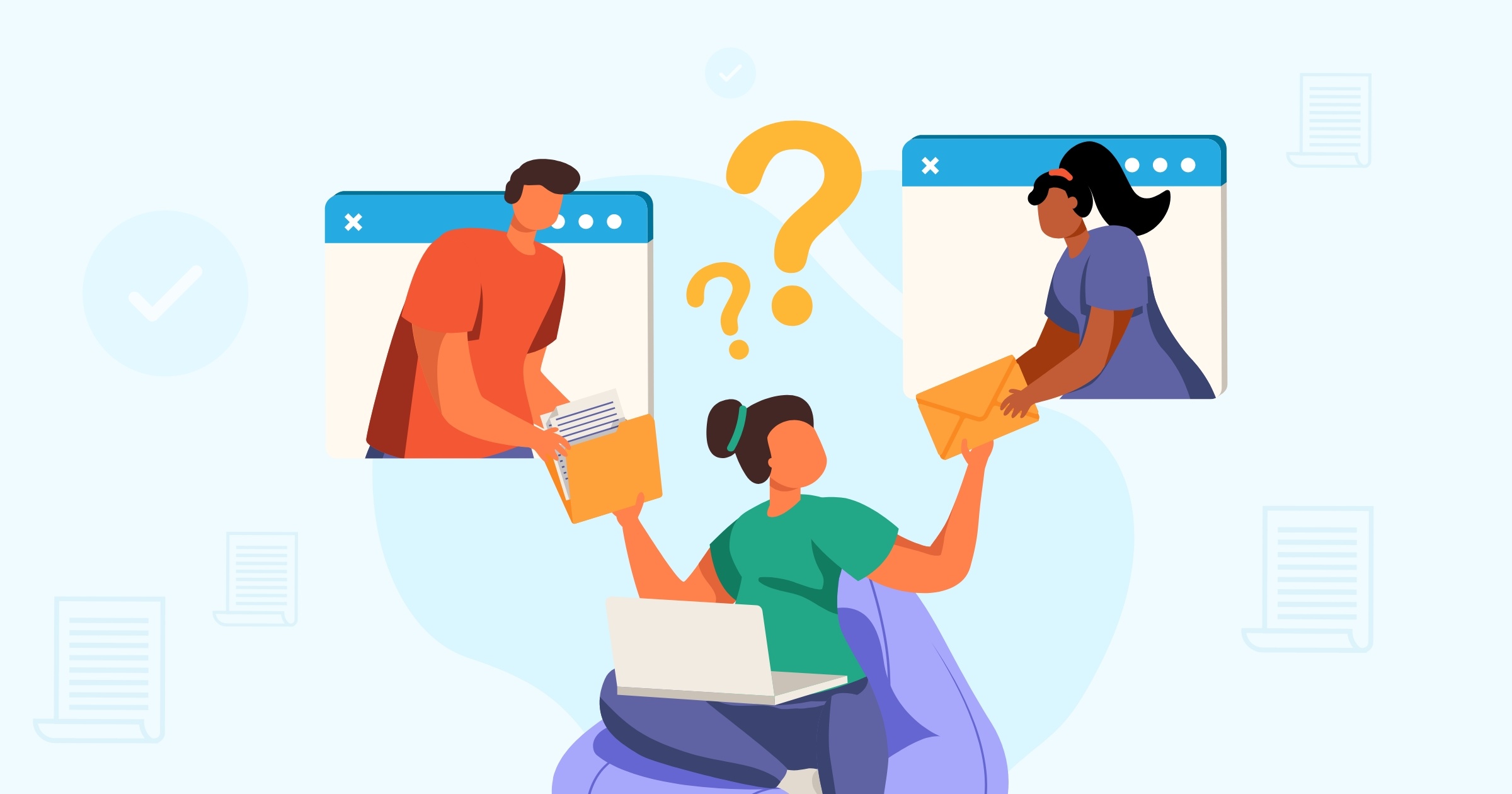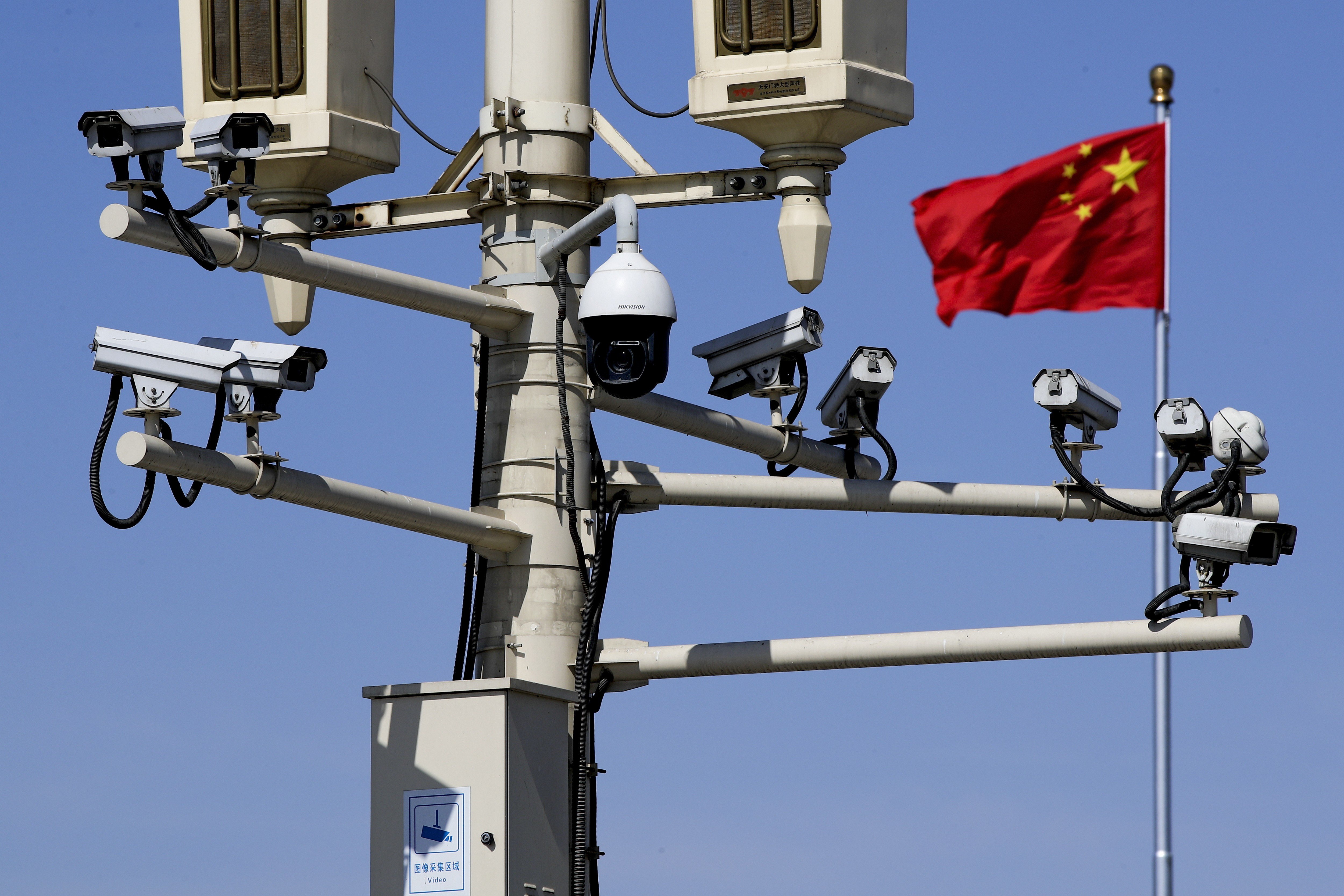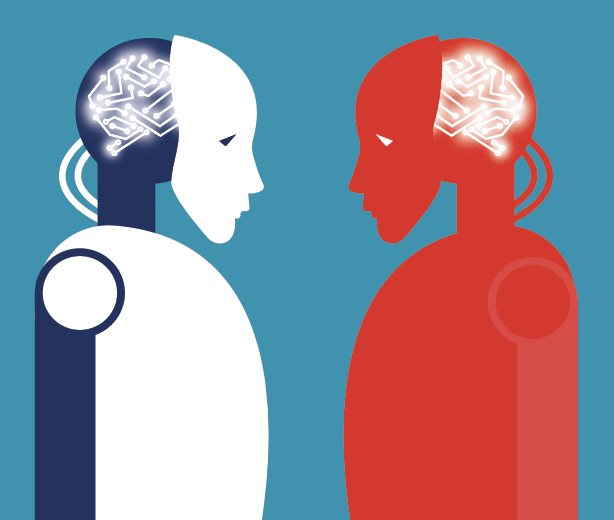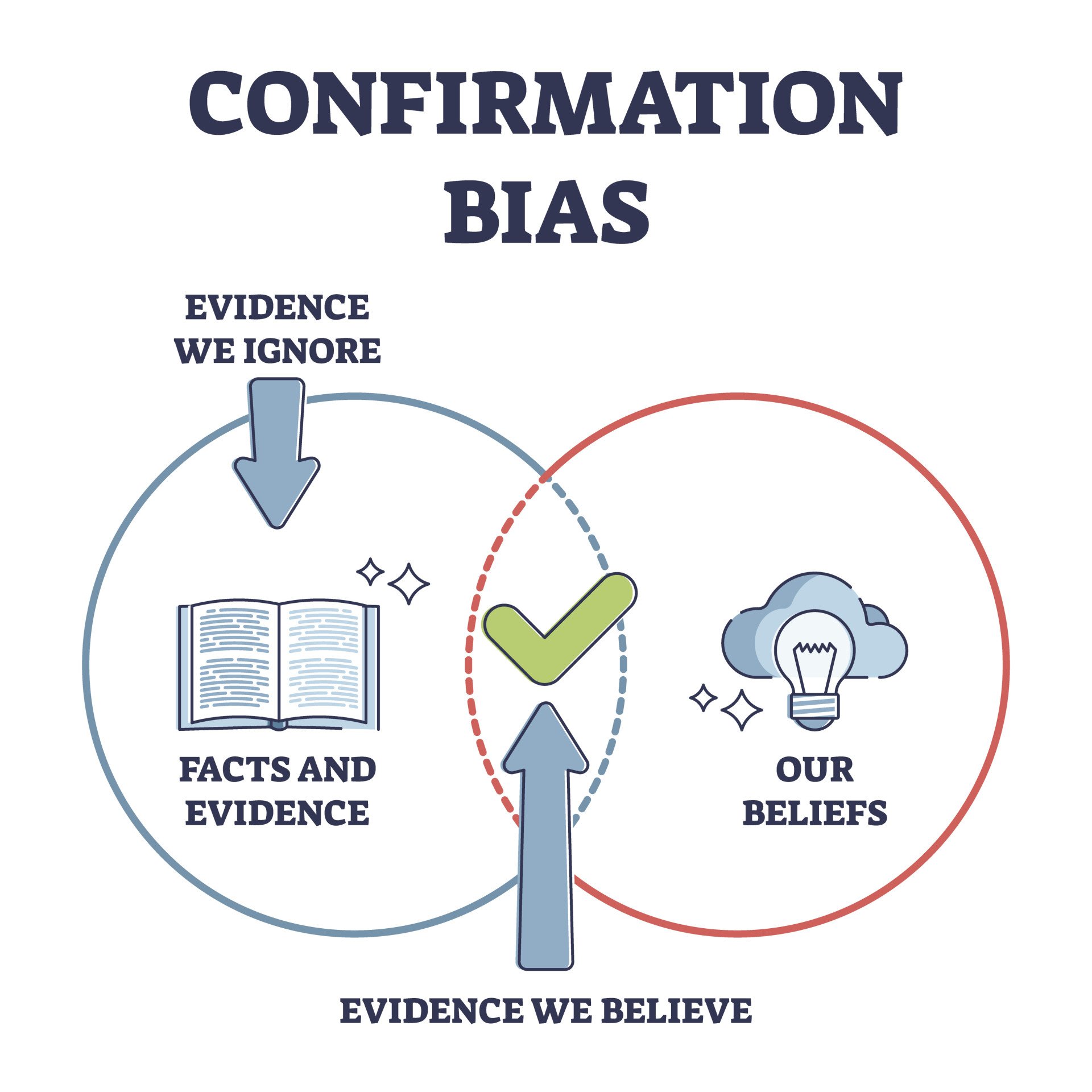About some new innovation, in the past or in the present, and view it through the lens of the Diffusion Theory. Why did they catch on and spread? Why did so many people become early adopters? Why are some people late adopters? Or not adopters at all? What about the downsides — do you see any negative consequences in the technology? For example, why am I not on Facebook, Twitter, Instagram or any other social media? Why might I have made that choice for myself? And how would I benefit if I did? Would the positive outweigh to negative? How do you weigh that cost-benefit analysis with a new communication technology?
When it comes down to something that has been put onto the market, no matter how popular it becomes, there will be people who buy or invest into it either early on, while it is already popular, while it is dying down, or not at all. This is called the diffusion theory.
There are different reasons of why people would fall into different categories. For this, I will go on why people would fall into each category for when a new video game is announced and (hopefully) released. The innovators are people who heard about it early on, and were immediately excited for the product. For the video game industry, this would likely include people who are on the publishing and marketing team for a game, as well as people who funded the game to the point that it can be produced and sold. This group also includes people who worked directly on the game.
The early adapter group will more likely be fans that were invested in the game early on. This group will include people who pre-order games. These people also partake in early access content or pre-release demos if they are provided. This group also consists of news articles that talk about the game.
Third is the early majority. These are the people who buy and play the game within the first few weeks of the game's release (that time may increase or decrease based on what kind of game it is- for example, that time is much larger for live service games, or games with post-launch updates). These people were ready to spend money on the game without knowing if the game would be good or not, despite what was previously shown- which surprisingly happens very often. People who make reviews, or make videos based on games are able to play the games and write or make content based on the games, allowing more people to learn about it and also join this group.
Fourth is the late majority. For video games, it's hard to say when this group ends and the next begins. This may be a group that didn't originally play the game for various reasons. Maybe they didn't have the time or money to buy and play, maybe they simply didn't hear about the game. Maybe they weren't originally interested, and eventually decided to give it a try.
The final group is the laggards. I don't entirely know how long you would have to wait to be in this group when it comes to playing a video game. For live service games, it would likely be when the game is "dead," with little or no players to play alongside or against. For console games, it may be when the game is only available on a console no longer being produced or supported (or through emulation), like the beloved Kirby Air Ride that people desperately want to return, no matter how. And then there's the group within the group that will never play this. For some, it may be a more extreme version of the "late majority" (never hearing of the game, never having enough time/money, etc), but worse, it could be people against video games. I won't go on a rant against these individuals, just know that the quickly growing field of video games can be stimulating and incredibly helpful, and in a way, is like an interactive TV show or movie.










